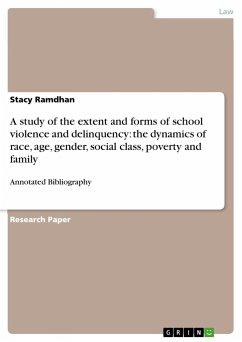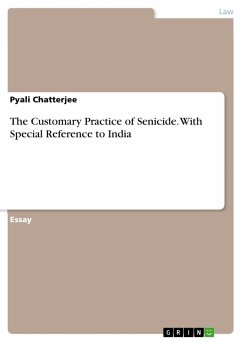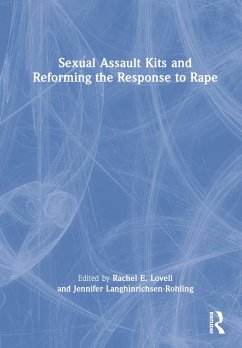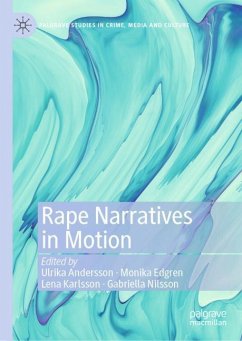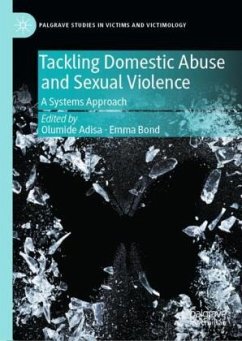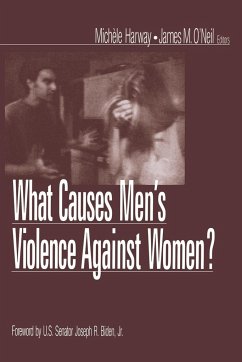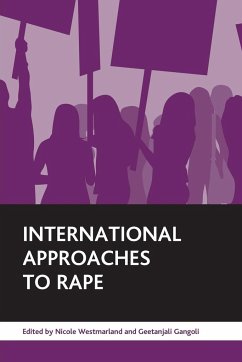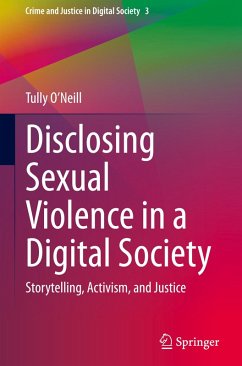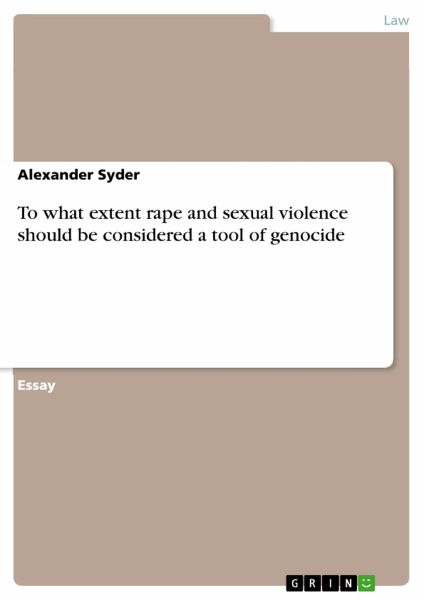
To what extent rape and sexual violence should be considered a tool of genocide

PAYBACK Punkte
0 °P sammeln!
Essay from the year 2014 in the subject Law - Criminal process, Criminology, Law Enforcement, grade: 2.1, University of Lincoln, course: Criminology and History (BA) Hons., language: English, abstract: Rape and sexual violence do not currently stand as separate crimes under international law; instead they are subsumed into the area of crime such as torture, genocide and the grave breaches of the Genocide Convention. As such international law recognises that rape at the least may accompany acts of Genocide and Crimes against Humanity as a tool of genocide. The definition of rape as genocide rem...
Essay from the year 2014 in the subject Law - Criminal process, Criminology, Law Enforcement, grade: 2.1, University of Lincoln, course: Criminology and History (BA) Hons., language: English, abstract: Rape and sexual violence do not currently stand as separate crimes under international law; instead they are subsumed into the area of crime such as torture, genocide and the grave breaches of the Genocide Convention. As such international law recognises that rape at the least may accompany acts of Genocide and Crimes against Humanity as a tool of genocide. The definition of rape as genocide remains hazy, the ICTR and ICTY have interpreted rape in war conflict in various prosecution cases with different interpretations, this may be because that rape as genocide is a 'recent occurrence within international law'. Rape is also seen as a product of war, a consequence of war rather than a component of war, as it should be interpreted as. In conflicts such as Bosnia-Herzegovina, Kosovo and Rwanda, rape should be seen as a tool of genocide because of the deliberate intent of destruction as defined by The Convention on the Prevention and Punishment of Genocide 1948, specifically Article II (ICRC, Article II). Rape at the very least demonstrates condition (b) of Article II which stipulates that there has been an act of 'causing serious bodily or mental harm to members of the group' (ICRC, Article II). This assertion can be demonstrated in the cases of Rwanda in 1994 and Bosnia-Herzegovina 1990-1994. The emphasis of genocide remains focused on the collective, since there has to be demonstrative proof of intent of destruction of the group not just the individual. Rape however is a personal, individual experience and this complicates judicial responses to defining rape as genocide.




